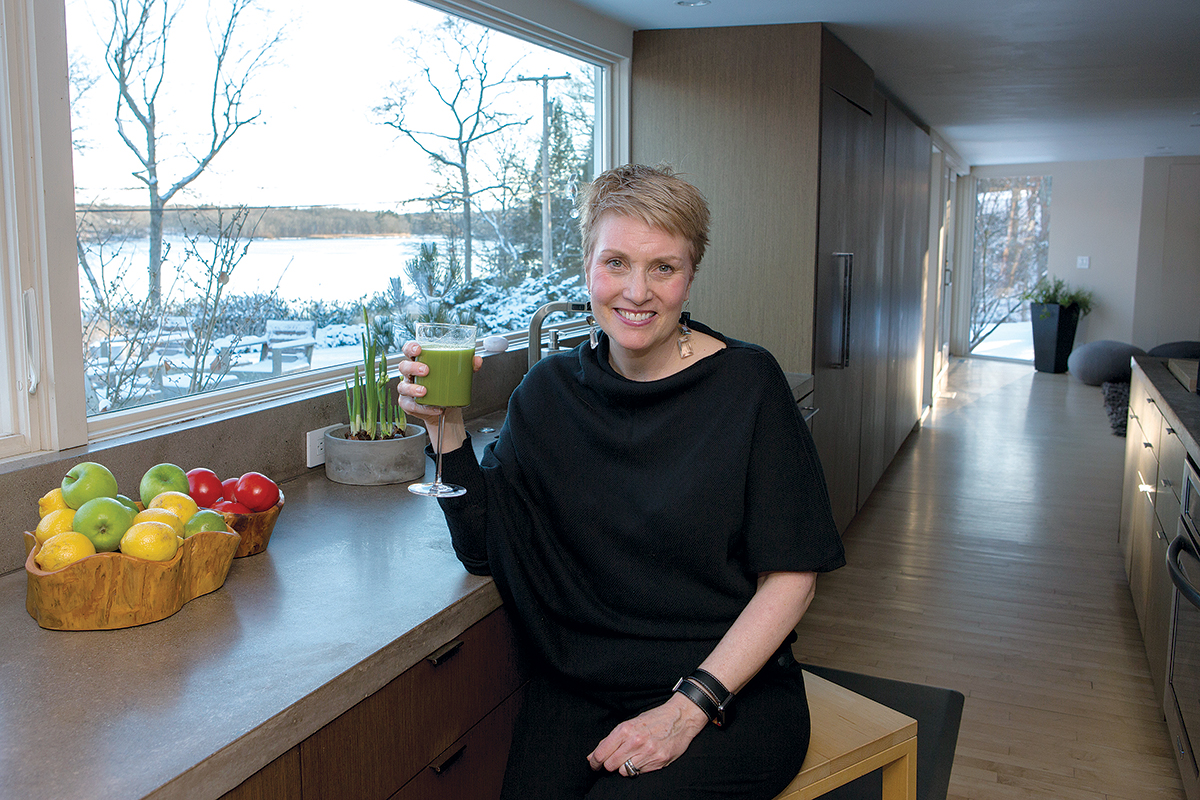
The average American adult gains 1-2 pounds between Thanksgiving and New Year’s, which is weight that isn’t ever likely to be lost.
That’s according to Dr. Rajiv Kumar, president and chief medical officer at Virgin Pulse, who – along with other health and wellness professionals – is wary of the toll workers’ health takes this time of year.
“There are lots of dangers lurking in kitchens and break rooms and at holiday parties when you think about all the sweets and drinks,” Kumar said. “I think about my own calendar and I’m going to four events this week alone. Each one is chock-full of calories.”
The holidays are significant in the workplace. Businesses are closely eyeing year-end metrics, and employees are heavily focused on delivering on goals. The result, however, is often elevated levels of stress, which Kumar says is something employers should help employees learn to better handle.
“A lot of things that come to a head this time of year can be very stressful and cause heightened anxiety,” he said. “Employers would do well to figure out ways to help their employees cope with stress.”
Eliminating stress altogether isn’t likely possible, but Virgin Pulse, newly based in Providence, has begun focusing heavily on “mindfulness-based stress reduction.”
The evidence-based treatment stems largely from work done by Jon Kabat-Zinn, founding executive director of the Center for Mindfulness in Medicine, Health Care and Society at the University of Massachusetts Medical School.
Kabat-Zinn, who Kumar called “the father of mindfulness stress reduction,” has a mantra that resonates with Kumar:
“You can’t stop the waves, but you can learn how to surf.”
If employers create an environment for employees to be more mindful about reducing stress, Kumar added, the workforce becomes more resilient, and can bounce back more quickly from stressful situations. The effort could even result in employees learning to channel stress into a positive force, Kumar said.
“Stress is proven to lead to burnout, a reduction in productivity and discontent in the workplace. It drives turnover when employees are stressed and cannot succeed in their jobs,” Kumar said. “There are a lot of benefits to having a lot more resiliency and I think it’s overall the right thing to do. Employers are in a wonderful position to help.”
Katie McDonald, owner of bnourished, a health and wellness firm based in North Kingstown, largely agrees. McDonald, who started the business in 2011 after feeling depleted and depressed from her professional career, focuses on encouraging healthier lifestyles among professionals, who often work at the expense of their health.
“The holiday season for everyone is the equivalent of tax season for accountants,” she quipped. “So, when responsibilities increase dramatically, I want self-care to align proportionately.”
Employers, she said, could help by offering better-quality food, quiet spaces for reflection, meditation or mind-clearing practices and to celebrate the accomplishments of their staff during the year, which has a positive impact on employees’ mental health.
‘There are lots of dangers lurking in kitchens and break rooms.’
DR. RAJIV KUMAR, Virgin Pulse president and chief medical officer
And employees need to take some responsibility for their own physical and mental health.
“Employees [should] pause long enough to choose differently,” McDonald said. “To consult our future selves, so to speak – the self that regrets the third cocktail of the night or the holiday cookie and the inevitable foggy brain and lethargy that follow. Consulting that wiser self before going into autopilot can make all the difference.”
Where bnourished does a lot of one-on-one work, Virgin Pulse works with entire businesses from around the globe.
Essentially, the Virgin Pulse strategy is to promote health and wellness in the workforce, which will result in improved business outcomes, reduced health care costs and a positive company culture.
Kumar, a Brown University graduate, has been instrumental in growing the company.
Virgin plans to increase its staff from about 100 to 300 by 2021, and has applied for $6.2 million in state economic incentives.
The expansion spells growth for the Virgin Pulse business model, but it could also stand to benefit more Rhode Island employers and their employees. The company in 2017 partnered with the insurer Blue Cross & Blue Shield of Rhode Island to offer Virgin Pulse programs through their health insurance plans.
Kumar said a growing number of employers are taking advantage of the offering, and he expects that to continue. The company has also set up partnerships with other health insurers in Massachusetts and other parts of the country.
“We’re also in talks with a handful of large employers who are looking to adopt it,” Kumar said. “Rhode Island is a small market to us, considering we sell globally, but it’s an important one because it’s our home and we want to reach people locally.”
Eli Sherman is a PBN staff writer. Email him at Sherman@PBN.com, or follow him on Twitter @Eli_Sherman.












